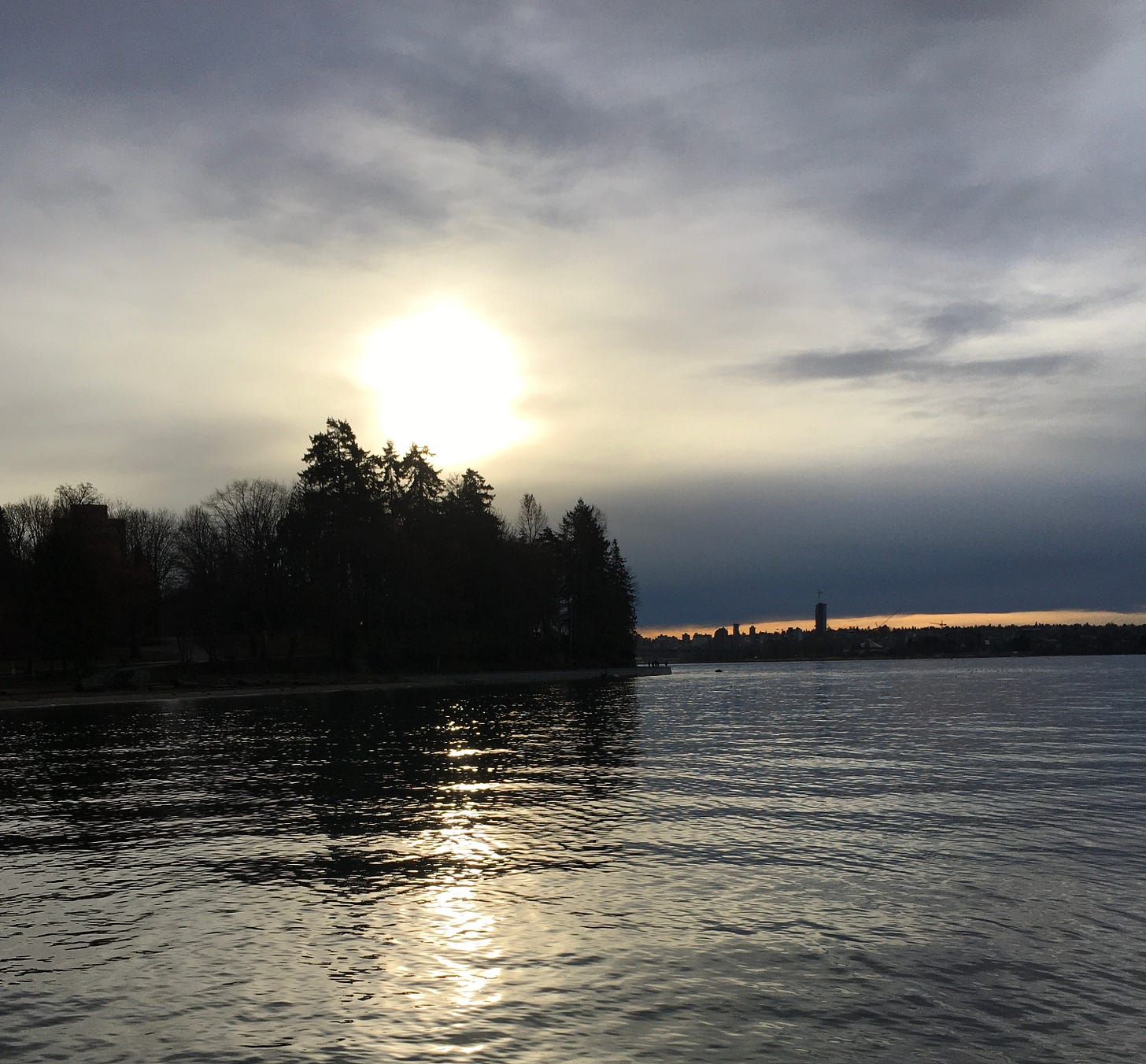Healing is an act of resistance.
Doing the work of being with one another in love, in acceptance, and in freedom is an act of resistance.
Knowing that every judgement, desire to help, or anything that implies anything that others are incapable of freedom is a chance to look at the ways we still may need love and healing is an act of resistance.
And then maybe I will drop even that framing, which may still be centring the systems of oppression.
The systems don’t need to be resisted so much as loved out of existence.
The more I welcome my own ‘negative emotions,’ the more I get to let go of the behaviours I am using to avoid feeling shame. The more I stop calling myself broken, the more I get to welcome my connection with other beings. The more I am accountable for myself, the more I feel like it’s coming into being without resistance.
Systems of oppression depend on my belief in them. They depend on collective belief.
My freedom comes from my choice to do what feels right and feels aligned when I really allow myself to be. My freedom does not depend on what other people allow me to do. My freedom comes from my interdependence with you. Knowing we are free, right now, and every story that tells us otherwise makes us hide, makes us meek.
These stories come with a threat of violence. Our freedom is so terrifying for some, their own freedom is so terrifying that they need to violate our bodies, to make us know our place, to try and wrest our freedom from us like horror movie monsters pulling out our hearts, still pumping blood through torn veins.
It is very difficult to drop the stories of oppression. Especially as a way to subtly signal our awareness of our status. Our well-meaning gets in the way when we start saying, “I have the privilege to be free but not everyone does.” As though freedom were being free of hardship, of illness, of injustice.
I have to believe in everyone’s inherent freedom to divest myself from oppression and oppressing. I have to realize that no matter what someone’s circumstance may be, they are fully capable to choose freedom.
What depletes the capacity to choose this isn’t struggle, it’s power-over. It’s lack of empathy.
Even saying this I feel myself wanting to put down my freedom. To think of reasons why dominance, my ‘helpful’ dominance, should have a place. I am full of all kinds of strategies still that get in the way of my freedom, of my being in full, unconditional being. I don’t think I will be free, ever, in that sense, I will always feel the tension, the ‘anxiety’ as Peter Block puts it, of choice.
Choosing my freedom means being accountable. Being responsible for taking care of myself, for including and welcoming myself, for being in right relationship with the people I interact with, and for seeing ways my actions, thoughts, behaviours reinforce systems of dominance.
It doesn’t include trying to change other people. It does include working on structures and systems that can support freedom. It includes co-creating containers where those held within are welcome in full.
It’s important to avoid getting into spiritual materialism. To not feel like my choice to see my freedom and believe in it makes me special, better, or more wise. It’s the balance of seeing how systems don’t serve freedom and how behaviours in those system perpetuate harm with the idea that at our human core, we all want to be free. And seeing that many people aren’t choosing that, and wanting to be with people who are.
And most of all, to realize my freedom means nothing without yours. Without ours.


